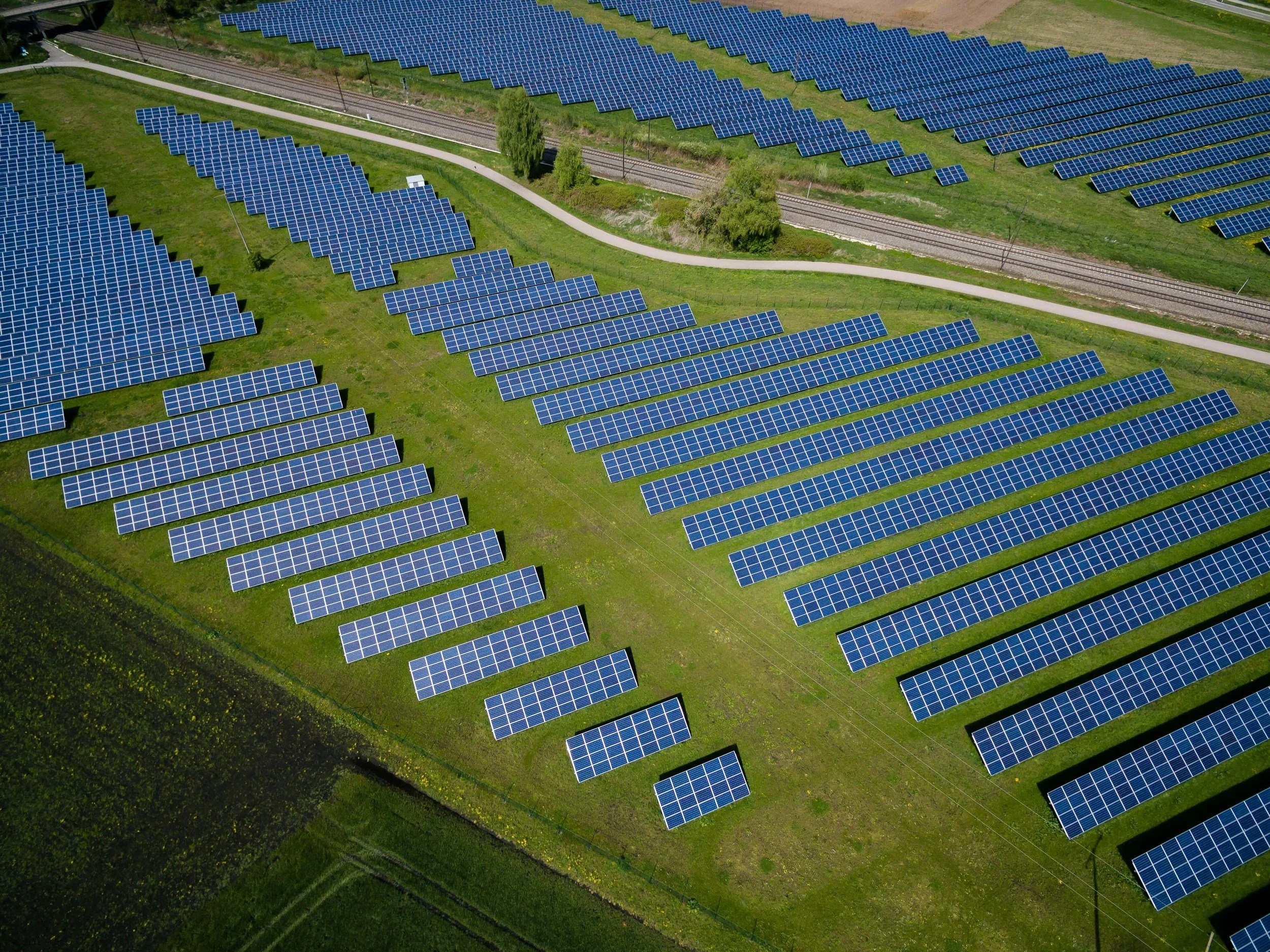Cyber-Physical Control Systems and Robotics Laboratory
Cyber-Physical Control Systems and Robotics lab (C2SR) and in cooperation with the FEUP Laboratory of Underwater Systems and Technologies (LSTS) encompass:
Hardware for unmanned aerial, surface and underwater vehicles for autonomous and tele-operated mode of operations. This includes the design, development, and testing of complex systems encompassing mechanical components, power systems, various types of communications, electronics, sensing, actuators, and onboard and off-board computational systems.
Hardware for devices to support autonomous navigation and robust communications for networked devices and operators.
Software required for the single mode and networked operation of the unmanned aerial, surface and underwater vehicles for autonomous and tele-operated mode of operations. This includes the design, development, and testing of a chain of software tools comprising command and control systems for the operation of single and multiple vehicles, middleware platforms, disruptive tolerant communication infra-structures, and the vehicle’s onboard software.
Lab testing of all hardware devices, software and systems, and integrated hardware and software via simulation, and simulation with hardware in the loop.
Intensive field testing of vehicles and systems in standalone and networking modes to meet strict operational end-users requirements.
C2SR is located in the Electrical and Computer Engineering Department at FEUP, in room I102.
Laboratory of Emerging Smart Systems
The Laboratory of Emerging Smart Systems (LES2) is a research lab dedicated to advancing knowledge and innovation in the fields of cyber-physical systems, the Internet of Things (IoT), data science, and artificial intelligence. With a strong emphasis on multi-domain perspectives of real-world problems, LES2 investigates how these technologies can be integrated to create smarter, more adaptive, and more resilient systems. Our work is driven by the vision of enabling disruptive applications that not only push the boundaries of current technology but also address pressing societal and industrial challenges.
At LES2, we focus on applying cutting-edge research to real-world domains such as smart cities, industrial automation, smart agriculture, and energy systems. By combining theoretical insights with practical implementations, we seek to design and validate intelligent solutions that can operate across diverse environments. This multidisciplinary approach allows us to tackle complex problems at the intersection of engineering, computing, and societal needs, ensuring that our solutions are both technically robust and socially relevant.
Aligned with the United Nations Sustainable Development Goals, particularly SDG 9 (Industry, Innovation, and Infrastructure) and SDG 11 (Sustainable Cities and Communities), LES2 is committed to fostering sustainability and efficiency through innovation. Our research aims to create technologies that enhance urban life, optimize industrial processes, and promote responsible resource management in agriculture and energy. Ultimately, LES2 strives to bridge the gap between emerging technologies and impactful applications, paving the way toward a more connected, sustainable, and intelligent future.
Laboratory for Electric Mobility and Renewables
Laboratory for Electric Mobility and Renewables (LEMR) activities mainly involve the development of:
Hardware and real time software for power converters and systems control as well as for distributed instrumentation with tele-operation, tele-maintenance and observation techniques for products full life cycle.
Test benches for laboratory essay of power converters, batteries, specific components, and systems, namely, EVs powertrain, renewable generation systems integrated into grid.
Software tools for power circuits, control systems, electromechanical systems, power systems and grid.
Optimization software for power system operation, integrating smart grid technologies and new paradigms using forecast and real-time information.
Innovative technologies for electric vehicles and transport systems.
Integrated intelligent concepts and solutions for smart building systems.
Prototypes of innovative technologies for efficient consumption appliances.
These activities continue the tradition of developments of the IE – Industrial Electronics group of ISR Porto, from which it inherits most of its members and welcomes new researchers working on energy.
LEMR is located in the Electrical and Computer Engineering Department at FEUP, in rooms i104 and i-115.
Laboratory for Systems Control Optimization and Estimation
Laboratory for Systems Control Optimization and Estimation (LSCOE) aims at creating a fertile ground for discussion of research ideas, broaching challenging problems for engineers and mathematicians, and providing scientists with advanced methods and new tools for their research activity.
Its main lines of activity are research and training, and involve: The development of dedicated stand-alone estimation, optimization and control algorithms and prototypes for a wide range of applications, and environments such as health care, agriculture, and power systems.
The access to advanced software libraries and grid computing infra-structures.
Data acquisition and ground truth construction to validate the developed products.
Interaction with external specialists and field testing of algorithms and computational packages.
These activities result from the merging of the CEO (Control Estimation and Optimization) group of ISR Porto with new members from a research center at the University of Aveiro, and are supported by external cooperation and networking with highly reputed researchers at national and international level.
The lab facilities include computer equipped workplaces and a server with some of the latest control and optimization software packages.
LSCOE is located in the Electrical and Computer Engineering Department at FEUP, in room i202.
Digital and Intelligent Industry Lab
Digital and Intelligent Industry Lab (DIGI2) targets the design, implementation and validation of smart components for advanced manufacturing system that introduce intelligence into industrial processes. By implementing a novel Framework related with Cyber-Physical Production Systems, the work carried out at DIGI2 will contribute to the emergence of the factories of the future.
Targeting added value manufacturing concepts, DIGI2 is highly interdisciplinary as it spans from the design and implementation of the smart components and supporting services (hardware and software), including the required infra-structures, to the CPPS conceptual frameworks underlying control, data analytics, intelligence and coordination. Currently the DIGI2 develops research in the following thrusts:
Adaptive and smart manufacturing systems for Smart factories, which includes automated operation of the shop-floor, integrated embedded computers, real-time monitoring, adaptive control, autonomous actuation and cooperative machine to machine interaction.
Digital, virtual and resource-efficient factories, which includes human-team agile exploitation/analysis of vast amounts of digital information, knowledge management, informed planning and complex simulation and collaborative product-service engineering support.
Virtual Factories, which includes connected and collaborative enterprises and highly flexible global supply chains of connected eco-systems.
DIGI2 is located in the Informatics Engineering and in the Electrical and Computer Engineering Department at FEUP, in room i124.
Laboratory for AI-Driven Innovation in Energy Transition
“AI Empowering the Energy Future”
AIDEN Lab is a leading European research hub advancing the AI-driven transformation toward a sustainable, carbon-neutral energy future. Integrating energy, digital, and data ecosystems, the lab develops cross-sector, AI-powered solutions that enable digitalisation, decarbonisation, and intelligent energy management. Through data analytics and collaborative innovation, AIDEN empowers communities, enhances decision-making, and promotes equitable, resilient energy systems.
Research Lines:
Data-Driven Urban Intelligence for Energy Transition – Uses AI, geospatial tools, and digital twins to optimise urban energy planning and resilience.
Smart and Sustainable Operation of Energy Communities – Develops simulation and AI tools for managing local energy systems, fostering flexibility, and enhancing consumer engagement.
AI-Powered Socio-Technical Multi-Energy Systems – Designs interpretable, equity-aware models to address energy poverty, support vulnerable households, and integrate power, heat, and mobility






